When following a vegan lifestyle, it’s essential to understand not only what to eat but also the ingredients that go into our food. One such ingredient that often causes confusion is sugar. Is sugar vegan? In this article, we’ll break down what sugar is, the different types of sugar, and when it is and isn’t vegan-friendly. By the end, you’ll have a clear understanding of whether the sugar you’re consuming aligns with your values as a vegan.
What is Sugar?
Sugar is a simple carbohydrate that provides energy (calories) and is derived from natural sources. It’s commonly used as a sweetener in beverages, baked goods, and many other processed foods. While sugar itself is plant-based, the process used to refine and bleach sugar can sometimes involve animal-derived products. This is where the confusion lies.
Types of Sugar: What’s in Your Sugar Bowl?
There are many different types of sugar available, and not all of them are created equal when it comes to veganism. Let’s take a look at the most common types of sugar:
1. Granulated Sugar (White Sugar)
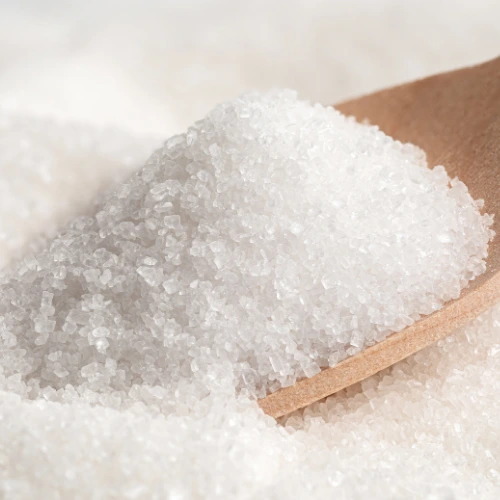
This is the most common type of sugar, used in everything from desserts to beverages. It is typically made from sugarcane or sugar beets. The refining process, however, may involve bone char, a product derived from animal bones, which is used to decolorize and filter the sugar. The granulated sugar is not vegan as it makes with refining process.
2. Raw Sugar (Turbinado or Demerara)
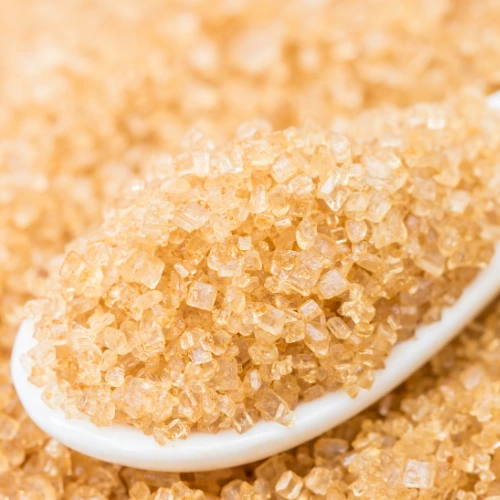
This type of sugar is less processed than granulated sugar, and it retains some of its molasses content, giving it a light brown color. It’s made from sugarcane and is often marketed as “healthier” because it’s less refined. However, just like granulated sugar, raw sugar can also be processed with bone char.
3. Cane Sugar vs. Beet Sugar
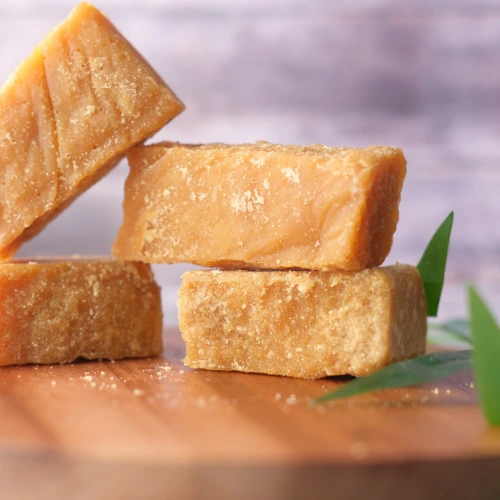
While both cane and beet sugar come from plants, cane sugar is more likely to be processed and not vegan using bone char. Beet sugar, on the other hand, is less likely to involve animal-derived products in its refinement process. Therefore, beet sugar is typically considered vegan-friendly.
4. Powdered Sugar (Confectioner’s Sugar)
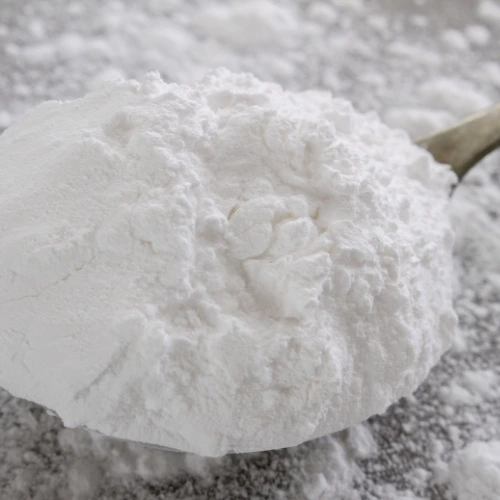
This is simply finely ground granulated sugar, often mixed with a small amount of cornstarch to prevent clumping. The refining process of powdered sugar is often similar to that of granulated sugar, meaning it may also involve bone char.
5. Brown Sugar
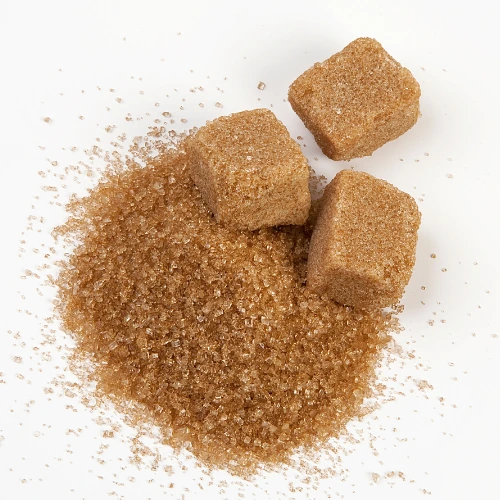
Brown sugar is made by combining white sugar with molasses, or it can be produced by retaining some of the molasses during the refining process and considered as not vegan. Like raw and white sugar, brown sugar may also be processed with bone char.
6. Other Natural Sweeteners
Some other sugar alternatives, like maple syrup, agave syrup, and coconut sugar, are often considered vegan, as they don’t typically use bone char in their processing. These can be great alternatives for those seeking cruelty-free sweeteners.
Also Read:- Are Sour Patch Kids Vegan?
When Sugar is Vegan: Look for These Signs
So, how can you determine if sugar is vegan-friendly? Here’s a guide to understanding when sugar is truly plant-based:
1. Organic Sugar
Organic sugar is produced without the use of bone char in the refining process. While there’s still some debate over the use of animal products in organic farming, certified organic sugar tends to avoid animal by-products.
2. Beet Sugar
As mentioned earlier, beet sugar is more likely to be free from bone char. Look for beet sugar in its raw form, and you can be more confident it’s vegan-friendly.
3. Certified Vegan Sugar
Some companies specifically label their sugar as “vegan.” This can offer peace of mind for those who want to avoid animal products. Certified vegan sugars are often processed without bone char and other animal-derived substances.
When Sugar is Not Vegan: When Animal Products Are Involved
While sugar itself is plant-based, the process of refining sugar can involve animal-derived products. Here’s when sugar may not be considered vegan:
1. Bone Char
Bone char, or animal charcoal, is made from animal bones and is used in the sugar refining process to filter and bleach the sugar. This process is most common with cane sugar but may also be used with raw sugar. Bone char is what makes these sugars non-vegan, as it involves the use of animal products.
2. Charcoal from Animal Bones
While bone char is not always mentioned on sugar labels, it’s a common refining agent for cane sugar in the U.S. and other countries. Unfortunately, many sugar companies don’t disclose their refining processes, making it challenging for vegans to know for sure whether the sugar they’re consuming was processed with bone char.
3. Processed Sugar in Packaged Foods
Many packaged foods contain sugar that’s been refined with bone char. Even though these products may not contain obvious animal ingredients, the sugar itself could still be non-vegan due to the refining process. Vegans should consider contacting manufacturers to confirm the source of sugar or look for vegan-certified products.
Also Read:- Are Twizzlers vegan?
Vegan Alternatives to Traditional Sugar
If you want to avoid sugar processed with bone char or simply want to find alternatives to sugar, there are several vegan-friendly options to consider:
1. Maple Syrup
Maple syrup is derived from the sap of maple trees and is typically processed without the use of animal products. It’s a great option for sweetening pancakes, desserts, or hot beverages.
2. Agave Syrup
Agave syrup is made from the agave plant and is another popular vegan-friendly sweetener. It’s sweeter than sugar, so a little goes a long way.
3. Coconut Sugar
Coconut sugar is derived from the nectar of coconut palm trees and is a minimally processed, vegan alternative to traditional sugar. It has a lower glycemic index than regular sugar and is great for baking.
4. Date Sugar
Date sugar is made from dried dates and can be a nutritious and vegan-friendly substitute for granulated sugar. It’s high in fiber and antioxidants and can be used in many recipes.
5. Stevia
Stevia is a plant-derived sweetener that comes from the leaves of the Stevia plant. It’s naturally sweet without adding calories or sugar, making it an excellent choice for those on a low-calorie or diabetic-friendly diet.
Conclusion: Is Sugar Vegan?
To summarize, not all sugar is vegan. While sugar itself originates from plants, the refining process can sometimes involve animal products, like bone char. Granulated sugar, raw sugar, and brown sugar are often processed using bone char, making them non-vegan. However, beet sugar, organic sugar, and sugar that is certified vegan are usually free from animal-derived products.
To ensure you’re following a vegan lifestyle, look for vegan-certified sugars, or opt for alternatives like maple syrup, agave syrup, or coconut sugar. Always check product labels or contact manufacturers to confirm the sourcing and processing methods used for the sugar in your food.
By being mindful of the types of sugar you consume, you can make choices that align with your ethical beliefs and dietary preferences, all while satisfying your sweet tooth in a vegan-friendly way!
